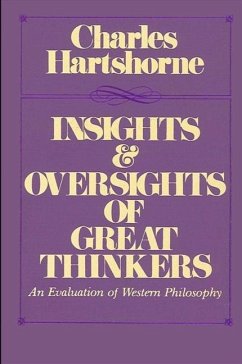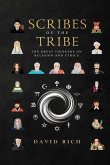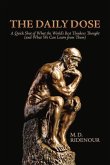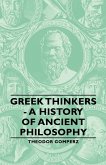One learns a great deal about a major philosopher by coming to appreciate his perspective on the history of philosophy. Here Charles Hartshorne gives us just such a perspective on the history of philosophy and thereby on himself. This is a reexamination of the history of philosophy, looking at neglected aspects of the philosophers' thought, interpreting their views in a sharply focused, controversial manner in order to show the origins and development within the Western tradition of the metaphysical and moral views represented by process philosophy. The result is a fresh look at the tradition. This is a clearly written, readable, original, and constructive interpretation of the history of philosophy in hte West from the sixth century before Christ to the present. As the best-known living representative of process philosophy, Hartshorne shows that it has anticipations in Plato, Aristotle, Leibniz, Hegel, Schelling, and many others, even including the materialist Epicurus and the atheist Nietzsche. Process philosophy and theology have significant overlap with the views of most of the creative, constructive philosophers and theologians of recent times, including Peirce, William James, Bergson, Heidegger, Paul Weiss, Berdyaev, John Findlay, Paul Tillich, Sartre, Merleau-Ponty, and others. This philosophy takes creative freedom, transcending causal determinism, and a generalized idea of sympathy--"feeling of feeling," love--as universal principles of life and nature.
Hinweis: Dieser Artikel kann nur an eine deutsche Lieferadresse ausgeliefert werden.
Hinweis: Dieser Artikel kann nur an eine deutsche Lieferadresse ausgeliefert werden.








